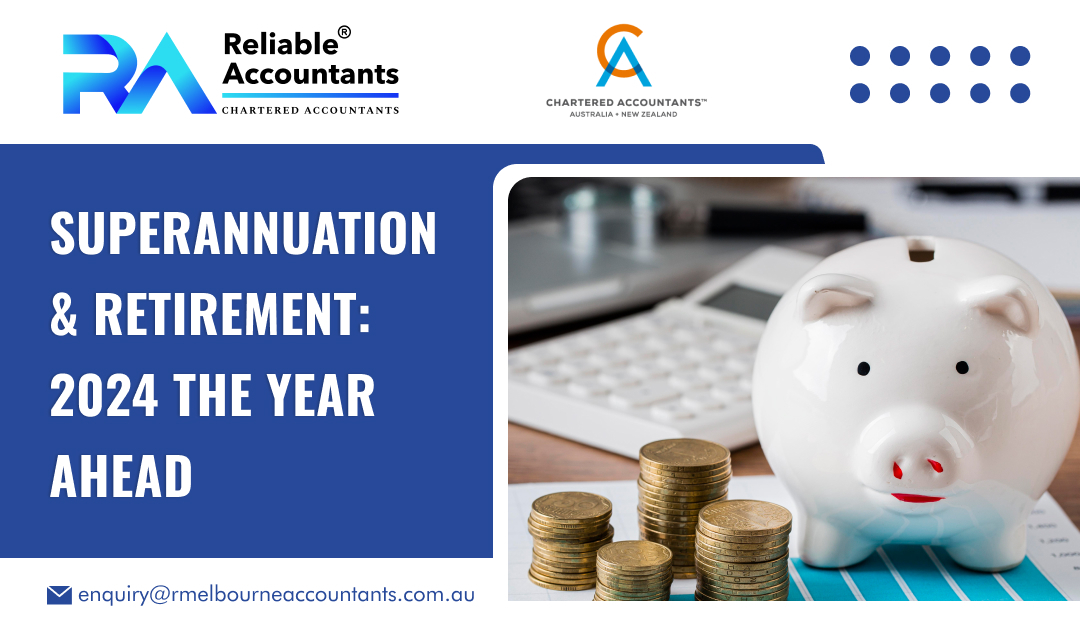In recent times there have been many proposals, exposure drafts, consultation papers, and legislation released associated with superannuation and retirement. Some of these relate to measures that have been outstanding for some time. In this blog, we’ll look at some of the key announcements and where they currently sit in the parliamentary process. We will also outline superannuation opportunities that should be considered for clients in the lead up to 30 June 2024.
Non-Arm’s Length Expenses (NALE) Key Messages
• Ensure internal staff, shareholders, directors, and other related parties are paying market rate for services offered to their SMSFs unless liable to a discount policy.
• A discount policy should be documented and match with commercial practices and must provide the same discounts to all employees, shareholders, partners, or office holders.
• Connect with clients who may provide services to their own SMSF aware of arms-length expense rules. It could include tradespeople or other professionals such as financial advisers or lawyers.
• Arm’s-length payments might not always be required if acting as a trustee. This could include an accountant who prepares returns without using their firm’s resources or tradespeople carrying out minor work that a trustee could ordinarily complete.
Deductibility of Financial Advice Fees in Super Funds
An exposure draft has been released to address the issues raised by the government’s quality of advice review (QAR) that was published in early 2023. The exposure draft aims to clarify the legal basis for superannuation trustees to pay advice fees from a superannuation account and the associated tax deductibility of these fees at the super fund level. The proposed tax treatment, based on recommendation 7 of the QAR, will apply from the 2019-20 financial year. This indicates that the changes will be legislating what might currently be a common practice for superannuation funds.
Key Points
The new section 99FA will need the following conditions to be met before a trustee can charge the cost of advice against the member’s interest in the fund:
• The financial product advice is personal advice and is fully or partly about the member’s interest in the fund;
• The fee is only paid to the extent the advice is related to the member’s interest;
• The trustee charges the cost in association with the terms of a written request or written agreement of the member;
• The trustee has the member’s consent, or a copy of it; and
• Specific requirements for consent and related matters are satisfied, based on whether the advice is given under an ongoing fee arrangement or another arrangement.
Personal advice needs the provider to have considered one or more of the member’s objectives, financial situation and requirements. Financial advice fees can be deducted by the super fund if they meet the following conditions:
• The superannuation provider of the fund pays the amount, i.e. the trustee.
• The amount is for an expense incurred because of personal advice given to a member of the fund about the member’s interest in the fund. The cost can be incurred by the fund, or incurred by the member and paid by the fund.
• The amount must be paid at the request, or with the agreement of the member. A charge authorised by the new section 99FA of the SIS Act will meet this condition, which can be made with the consent of the member.
• The trustee must have a copy of the written agreement. The request will constitute a record for tax purposes and must ordinarily be maintained for 5 years.
Indexation – General Transfer Balance Cap FY 2024-25
Depending on the recent December 2023 CPI, the general transfer balance cap will remain at $1,900,000 for the financial year 2024-25.
Contribution Cap Indexation
The concessional contribution cap is indexed before the year December quarters average weekly ordinary times earnings (AWOTE). The concessional contribution caps will increase when AWOTE reaches a level to maximise the existing cap by at least $2,500. The December 2023 AWOTE will be released on 22 February 2024. There are chances that the concessional cap will maximise to $30,000 for the financial year 2024-25. The non-concessional cap is four times the concessional cap. Therefore, if the concessional cap increases to $30,000, then the non-concessional cap will increase to $120,000. However, wait until it is confirmed but some clients may have to make an NCC of $110,000 before 30 June 2024.
Carry Forward Concessional Contributions
The carry forward concessional contribution rules enable eligible members to ‘carry forward’ unused concessional contributions from the prior 5 years and include these amounts to their current year’s concessional cap. From 1 July 2024, the oldest unused financial year will not be available.
• Criteria and Rules
◦ The client must have a super balance of less than $500,000 on the 30 June prior to the financial year of contribution.
◦ Must have unused contributions in the previous 5 financial years.
◦ In the 6th year, the oldest unused year will drop off.
Superannuation Guarantee – Employer Obligations and Timing
Superannuation Guarantee (SG) depends on ordinary times earnings. SG is needed for all employees aged 18 and up irrespective of their income level as the $450 per month minimum income condition was removed on 1 July 2022.
When is Superannuation Guarantee Considered Paid?
With the advent of electronic banking and clearing houses, there is confusion regarding when a superannuation guarantee is considered paid. TR 2010/1 confirms that for electronic transfers a contribution is considered paid when it is credited to the superannuation provider.
Limited Recourse Borrowing Arrangements – Related Party Lenders
When a super fund deals with related parties, the terms must be at arm’s length otherwise we risk a breach of SIS section 109 or the non-arm’s length income (NALI) provisions in ITAA s295-550. The PCG enable us to use ATO safe harbour terms or benchmark the loan to comparable loans in the marketplace. The safe harbour terms will not change except for the interest rate.

